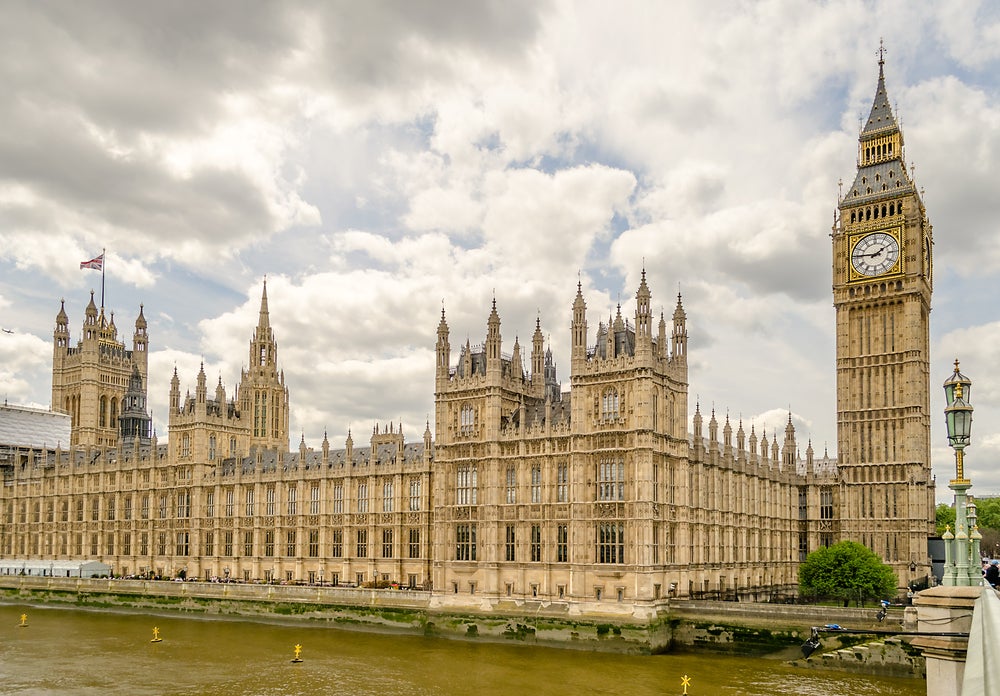
The publisher of the Daily Mail has warned that proposals to force newspapers into a Government-backed system of press regulation are a breach of the European Convention on Human Rights.
Associated Newspapers made the warning to the Press Recognition Panel, the government-funded body which oversees the system of press regulation set up in the wake of the 2012 Leveson Report.
The PRP this week published a review of press regulation which found that three years after the Royal Charter on Press Regulation there is still no regulator in place which is compliant with the system set out by Parliament.
The PRP’s job is to decide whether press regulators meet the Leveson criteria for independent and effective regulation as set out in the Royal Charter.
Most newspaper and magazine publishers are in the Independent Press Standards Organisation which has said it won’t seek Royal Charter recognition. Rival regulator Impress, which covers 25 small specialist publications, has applied to the PRP for recognition and is expected to get a decision this month.
The PRP has urged the Government to commence Section 40 of the Crime and Courts Act 2013 which protects publishers who are members of a Royal Charter-recognised regulator from paying their opponent’s costs in libel and privacy cases.
Conversely, if the CCA is commenced the vast majority of news publishers will face paying both sides’ legal costs even if they win libel and privacy cases in England and Wales.
The PRP said: “Urgent action is required if the post-Leveson system of independent self-regulation is to be given a chance to succeed. The public interest embodied in the Charter cannot be safeguarded until the recognition system is given the opportunity to function.”
In a response published by the PRP, Associated Newspapers (which comprises the Daily Mail, Mail on Sunday and Metro) said: “We have legal advice that sections 34-42 of the CCA 2013, which enforce the Royal Charter, and which discriminate against and penalise certain groups of news publishers, are in breach of Article 10 of the European Convention of Human Rights.”
The Daily Mail has (editorially) been a fierce critic of the European Convention of Human Rights.
Associated Newspapers (now known as DMG Media) also said in its response to the PRP: “The Royal Charter was written and agreed by politicians, in conjunction with the Hacked Off lobby group, after the Press were excluded from negotiations.
“Any system of regulation that is obliged to follow the Royal Charter Criteria is therefore not self-regulation. In truth, with the exception of wartime censorship, this is the first time since the lapse of the Licensing Act in 1695 that the British state has attempted to dictate to the press.”
It also derided the PRP itself, saying: “It has spent the best part of two years, and approaching £2 million of taxpayers’ money, overseeing nothing.”
The PRP is however backed by the National Union of Journalists, which is also quoted in its report.
The union said: “As a body set up to ensure that any regulator that chooses to apply for recognition complies with a set of standards as laid out in the Charter and recommended by the Leveson report, the PRP has the support of the NUJ.”
The Joseph Rowntree Trust is another supporter of the Royal Charter-backed press regulation scheme: “Full implementation of the cross-party agreement including commencement of Section 40 of the CCA, which provides crucial incentives for publishers to become members of a recognised regulator. Without this, it is not a surprise that most large national and regional newspapers feel they can ignore the Leveson system as endorsed by Parliament.”
Lib Dem peer Lord Strasburger said: “PRP should indicate to government in the strongest terms that the delay in implementing the cost provisions is inexcusable and is wrecking Leveson’s reforms at the expense of a new set of victims.”
The current Government has yet to announce decision on whether it will commence section 40 of the Crime and Courts Act.
Email pged@pressgazette.co.uk to point out mistakes, provide story tips or send in a letter for publication on our "Letters Page" blog
